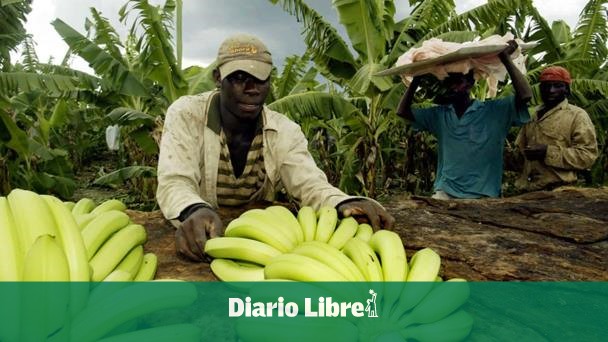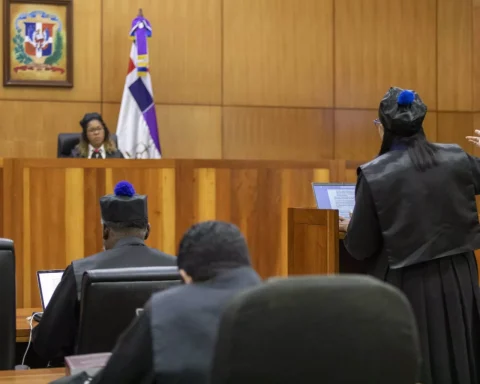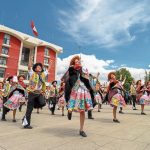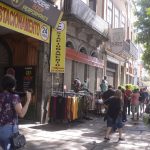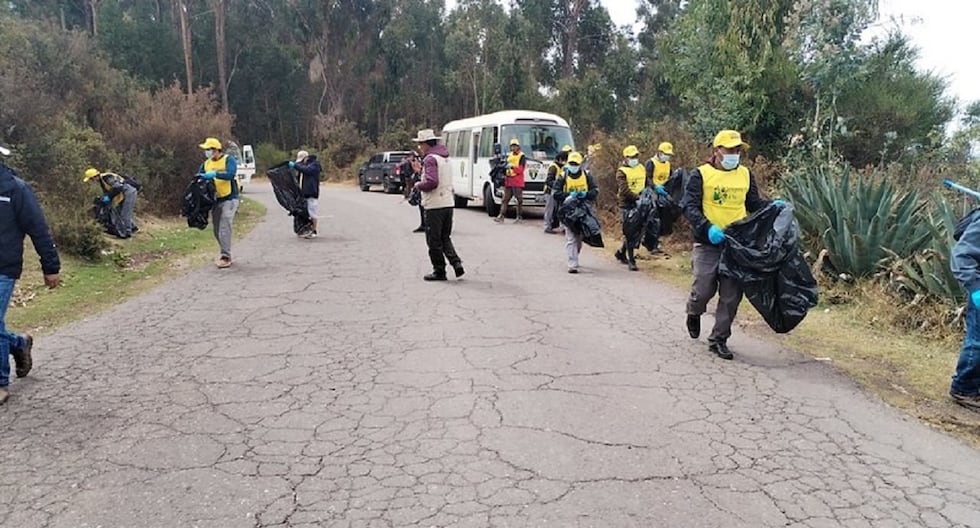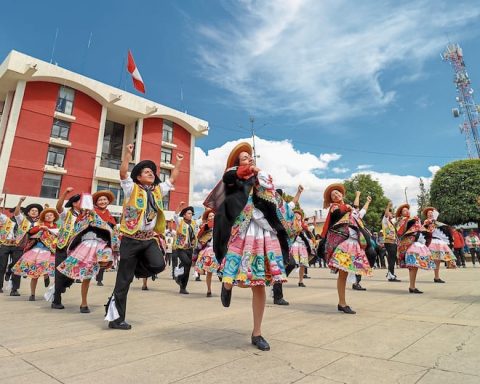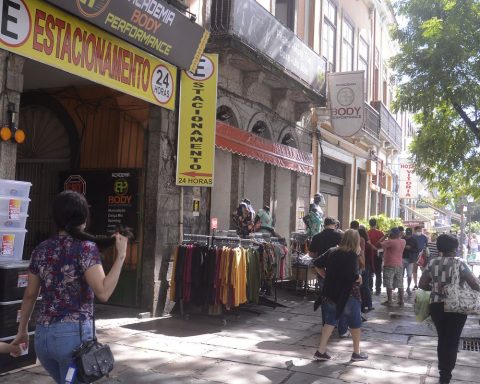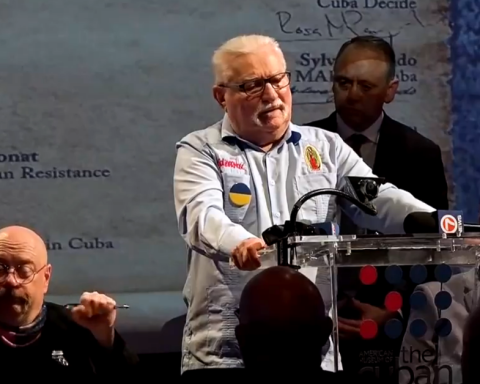Farmers from the provinces of El Seibo and Hato Mayor stated that the haitian nationals in an irregular situation continue to carry out their daily tasks without this affecting the workforce in the sector, despite the repatriations.
The producers stated that the situation continues to be normal and that the majority of the Haitians in an irregular situation It remains in rural areas, which makes it difficult for migration to capture it. According to them, deportations tend to be concentrated in cities.
“There is an error here with the Haitian laborbecause the Haitian labor force is equal to the Dominican labor force, although it is more difficult to find Dominicans to work in those areas, not because of the money, but because they are not dedicated to that type of work like the Haitian,” said Abel. Sosa, agricultural producer and agricultural technician in Hato Mayor.
Sosa also mentioned that in Hato Mayor few have been deported Haitians in an irregular situation.
“Some captures have been made, but not in large numbers, since deportations are mainly limited to the cities, and many Haitians prefer to stay working in the fields“he stressed.
Actions of the agents
On the other hand, Sosa highlighted that Immigration agents have treated the Haitians who have been detained with respect.
“That must be highlighted. They have been treated well, and that inhuman treatment that had previously been reduced has diminished.”Agricultural producer and agricultural technician in Hato Mayor
Danilo Reyes, member of the Special Fund for Agricultural Development (FEDA) in Hato Mayor, corroborated Sosa’s words, indicating that the deportations are concentrated in the main municipality and that the majority of illegal haitians They stay in rural areas.
“Here, the workforce in the agricultural sector is mostly Haitian and although Haitians stay in the fields when they go out to town to buy or get supplies of anything, they are arrested by the authorities,” he added.
In the province of The Seibofarmers also agreed that the situation remains unchanged and that deportations of Haitians in an irregular situation have been few.
“There are many Haitians here working normally. Everything remains the same,” said José Antonio Peguero, a farmer from the community of Las Cuchillas, in El Seibo.
Although Peguero believes that the deportations could affect the agricultural workforce, he also expressed that he agrees with the repatriation of all Haitians in an irregular situation. Other farmers, who preferred to remain anonymous, agreed that Haitian labor continues to flow normally in the community of Las Cuchillas.
Despite Diario Libre’s attempts to communicate with Rafael Nadal, regional director of Immigration in San Pedro de Macorís, to obtain information about the processes implemented and the number of deportees in the Eastern region of the country, no response has been received.
